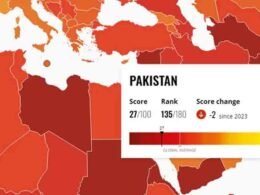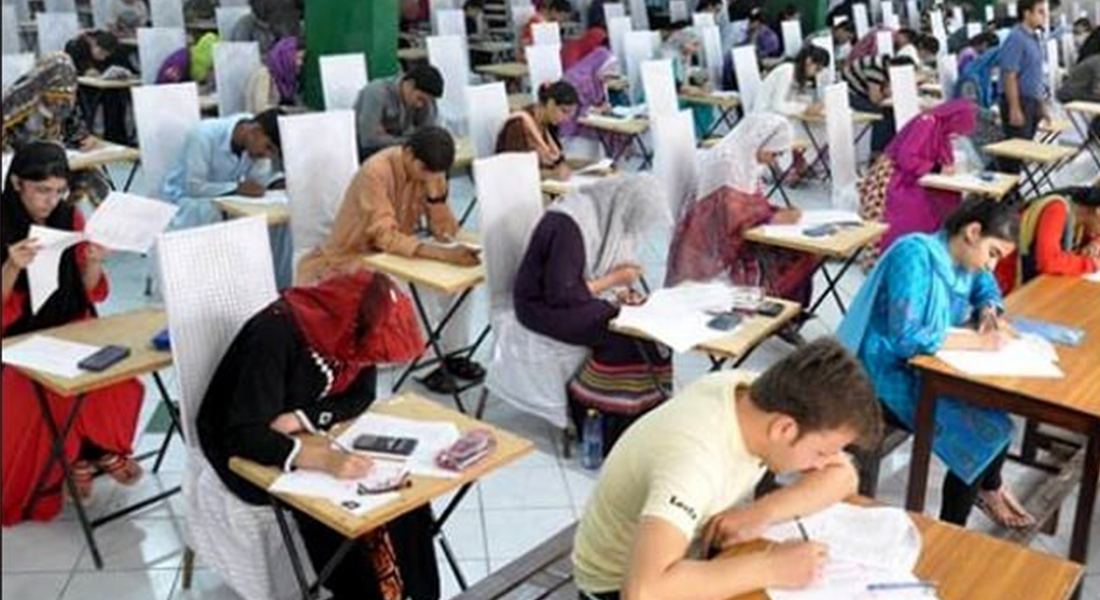Federal Minister for Religious Affairs, Chaudhry Salik Hussain, announced the Hajj Policy 2025 following its approval by the Federal Cabinet.
Speaking at a press conference in Islamabad, the minister confirmed that Pakistan has been allocated a Hajj quota of 179,210 pilgrims.
This allocation will be divided equally between the general public and private sectors, with each sector receiving a quota of 79,600 pilgrims.
Under the new policy, Hajj applications can be submitted with an initial deposit of Rs 200,000, followed by an additional payment of Rs 400,000 upon successful selection by ballot, while the remaining amount is due by February, ahead of the pilgrimage.
The official Hajj package has been set between Rs 1,065,000 and Rs 1,075,000, reflecting efforts to accommodate increased travel and accommodation costs.
As per the new policy, minors are not eligible for Hajj, and compensation for casualties during Hajj has been doubled, with families of deceased pilgrims receiving Rs 2 million and injured individuals Rs 1 million.
READ: Almost 180,000 Pakistanis to perform Hajj in 2025
It is worth noting here that the Federal Cabinet approved the Hajj Policy 2025, prioritizing first-time Hajj applicants and ensuring comprehensive service provisions for all pilgrims.
In a recent meeting at the PM’s House, Prime Minister Shehbaz Sharif and the Cabinet reviewed key policy elements proposed by the Ministry of Religious Affairs and Interfaith Harmony for the upcoming Hajj 2025.
The policy includes computerized balloting for government quotas while restricting children under 12 years of age for Hajj next year.
With 1,000 seats reserved for hardship cases and 300 seats designated for low-income workers registered under the Workers Welfare Fund and Employees Old Age Benefit Institute.
The meeting members were told that the ‘Road to Makkah’ initiative will operate at Islamabad and Karachi International Airports, providing a streamlined departure process for Pakistani pilgrims.
New oversight measures include appointing one ‘Nazim’ for every 100 pilgrims from the welfare staff to manage facilities.
Additionally, Hajj Group Organizers (HGOs) will sign Service Provider Agreements with the Ministry of Religious Affairs to ensure accountability.












